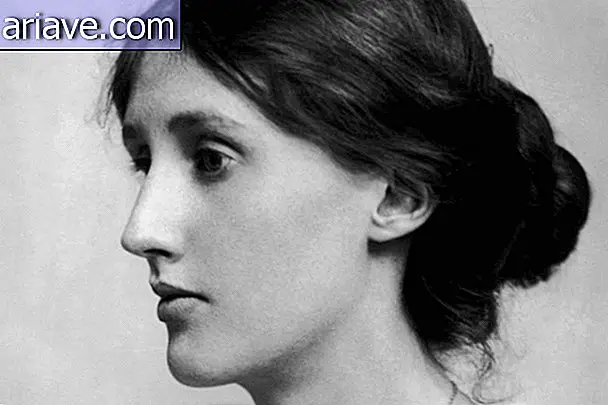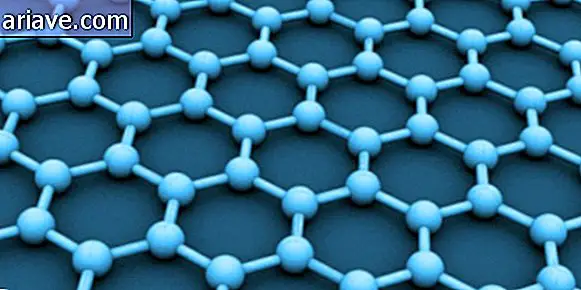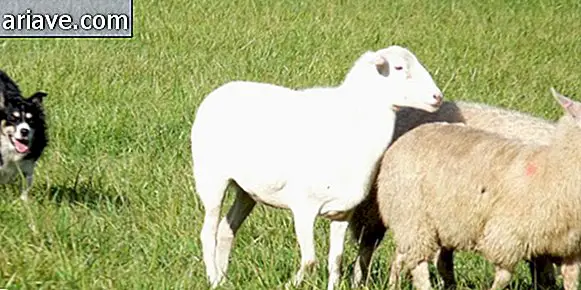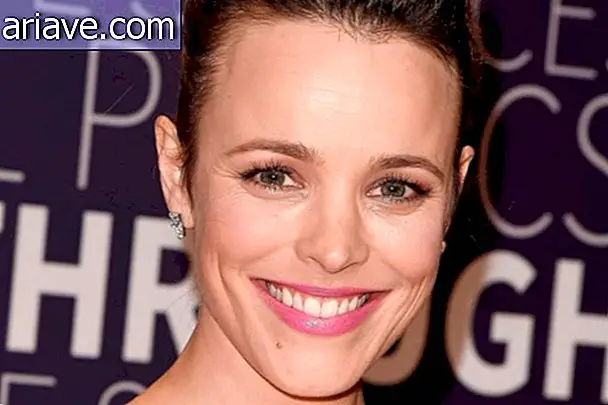Early childhood: do you know what it is?
Your child's early childhood ranges from the moment he is still in the belly, during pregnancy, childbirth, and the following years, until he begins formal education. Since here in Brazil this step is taken at about six years of age, it is common for this to be the limit for the definition of early childhood.
From zero to six years old, the child's brain establishes more connections between neurons, which underlie human learning, reasoning and relationships not only during the early years, but throughout life. By age four, it is estimated that children have reached half their intellectual potential. It may not seem so, but even the experiences that happen before birth reflect these consequences.
Events and abilities that your child develops during early childhood include physical growth, body movements, brain maturation, language acquisition, adaptive skills, and social and emotional aspects. Each step of this little human evolution is connected to each other and is totally influenced by the environment in which your child lives. At this point, the baby's room is indispensable. He will begin to realize that he has his space and can have and maintain his individuality. If only for small things.
EXTREME SITUATIONS
By living in favorable conditions for development, children are more likely to become balanced, productive and fulfilled adults. However, lack of opportunities for full development in early childhood can have irreparable consequences for your child's life. Neglect and violence are considered crimes of child abuse, which is why moms and dads should take care and give proper attention to the little ones.

In Brazil, 45% of families who have early childhood children at home live on only half the minimum wage per capita. Children in poverty have high mortality and malnutrition rates, have no civil registration and suffer domestic violence. In some places, still, the child does not go to school when he is finally six years old.
These are situations that most fathers and mothers would not like to offer their children, but for a variety of reasons they inhibit the proper development of their children, and often have no idea of the harm that may happen in the future.
DEVELOPMENT PHASE BY PHASE
Development has a right time to happen in every child. It's time to take the first steps, speak the first words, recognize expressions and tone of voice ... So, don't be comparing your baby to your neighbor's!
Below you will find out what usually happens in your child's development, step by step:
0-2 years
Vision: From the age of four months, babies are already able to do visual recognition.
Hearing: Even during pregnancy, the child can already recognize the mother's voice and interactions, although understanding is not yet possible.
Language: Throughout the phase, language develops, initially with cries and grunts, and then with more elaborate sounds.
Cognitive Functions: The most refined functions, such as planning an action, happen around the age of two.

At this stage in your child's life, he should be encouraged to full development. Physical contact is essential for the child to recognize his own independence, and access to objects of varying colors, shapes and textures activates the senses and motor skills as well as crawling. Talking to your child, teaching the name of things and reading books, as well as reinforcing bonds, encourages the pleasure of knowledge and reading.
3-4 years
Language: The number of synapses in the child's brain is still intermediate at this stage.
Cognitive Functions: These functions become increasingly refined at this age.
During this period, it is advisable to stimulate the child's autonomy. Eating with cutlery and putting on your own clothes will make little ones safer when they are away from their parents. Teaching rules of behavior will also be beneficial for these times. It is also good to offer more and more opportunities and spaces for your children to play, explore and read, as this will help them solve situations that require physical, intellectual or emotional effort.
5-6 years
Vision, language and hearing: The number of synapses decreases. You will notice that your child already has a great repertoire related to these skills.
Cognitive Functions: Still in formation, the activities that require these functions are getting better and better.

The stimuli of this phase range from the establishment (and compliance) of routines to the practice of sport. This will help your child learn responsibility, interact socially, and achieve goals. It's also important to make yourself comfortable deciding what to do in your free time, as this helps you understand your identity and brings well-being.
If parents notice a delay in any of these abilities, even when all stimuli are offered and the child is surrounded by attention, it is best to take them to the pediatrician. In most cases, there is nothing wrong; It's just your child's individual biological ripening time acting, but it's always good to have expert advice if in doubt.
Your child's early childhood should be a time of love. The interaction, not only in the family, but also with the community in which the child is inserted, is able to influence him from an early age and offer structure for a lifetime. From these experiences is that your child's development will take off and soon you will miss when he was still in his belly.
Via advisory











